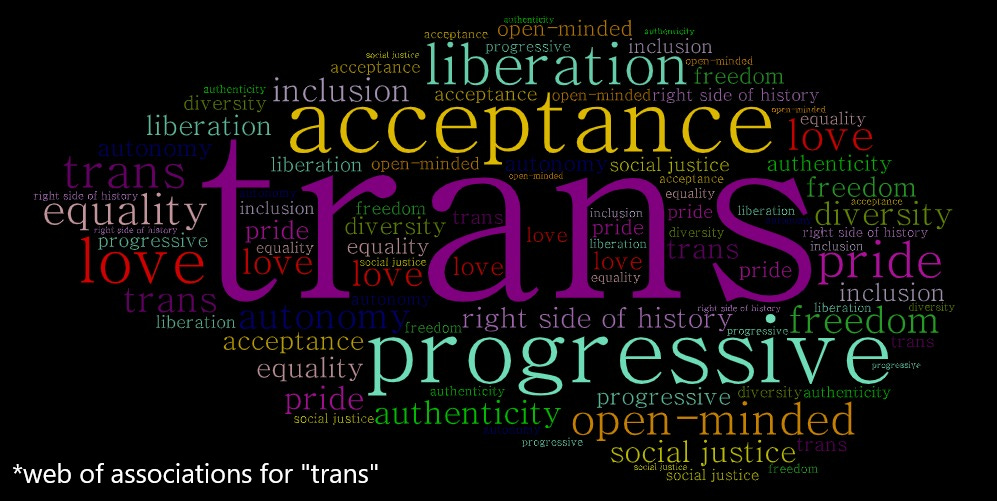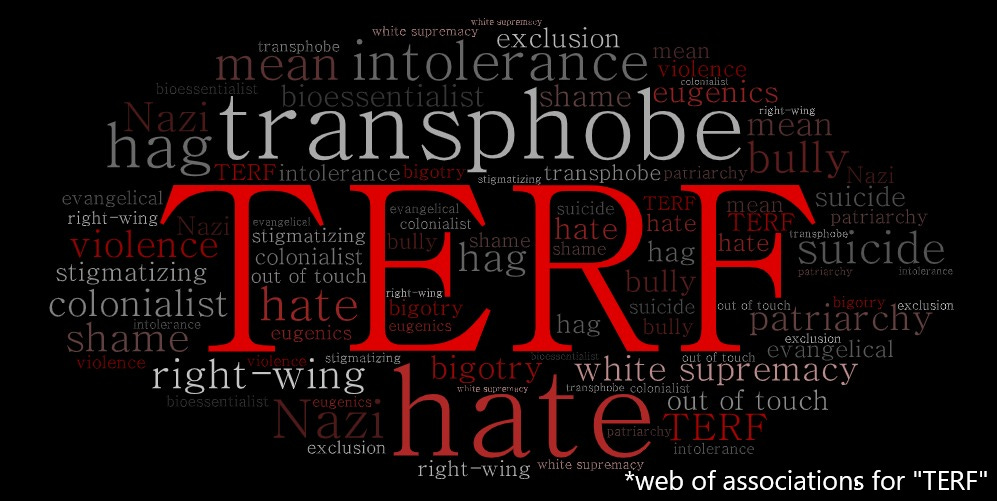Who you gonna believe, me or your lying eyes?
We could talk all day about prohibited and compelled speech, the campaign to undermine liberal science, defamation, disinformation, preference falsification, chilling effects... But what’s really been on my mind lately is something more basic: smothered intuition.
One of the strongest arguments against prostitution doesn't involve a single word or statistic. It's in the eyes of the women in the red-light district and in the jeering faces of the men who turn up there. In other words, one way to know it’s wrong to buy and sell women is because this does bad things to the women who are bought and sold and to the men who buy and sell.
And yet to say so is treated as illegitimate, the mark of a reactionary or a prude. A sufficiently enlightened person would never look at prostitution with her own two eyes and say: I don’t care what you say about this, I can’t support it. What’s happening here is wrong.
Yet prostitution’s defenders cannot bear to handle reality at all. ‘Sex work’ advocacy becomes about everything but sex: agency, labor rights, transgression, liberation. Sex trafficking becomes ‘migrant sex work.’ Child sex trafficking becomes ‘child sex work.’ Surely if nothing is wrong, we can speak clearly and avoid euphemisms.
We see the same thing with gender identity. It isn’t right to tell a child who is hurting that they were born in the wrong body. It’s wrong to take a young person with a healthy body and turn her into a person who is sick and injured.
But you're not supposed to look at something and draw your own judgment. You need to educate yourself, rethink your internalized -isms, apply an intersectional lens, defer to X group, stop the stigma. If something feels wrong, that’s just a sign there’s something wrong with you.
Within the left, there's an ongoing campaign to sever people from their independent judgment, to get them to distrust or disown their own problematic perceptions.
This takes many forms:
Eddie Izzard is a woman. Validate her.
Discriminating against people on the basis of race isn't racist if antiracists do it.
It’s fair for a male athlete who identifies as a woman to represent New Zealand in women’s weightlifting at the Olympics, displacing a female athlete.
Strangling a sex partner is kink, not abuse.
And then there are the constant injunctions to the openly wary: Read the room. Don’t do this during Pride month. ‘Cis’ people are incapable of understanding X. Take my word for it. Repeat after me.
It goes on and on. Meanwhile, the most specious analogies and associations will be thrown at you:
It can’t be wrong to sterilize dysphoric children because sometimes cancer treatments compromise children’s fertility. (Never mind that cancer patients have cancer, dysphoric children don’t.)
People don’t like to clean toilets and flip burgers either but if they don’t, they won’t be able to put a roof over their heads. So if all labor involves coercion and exploitation, how is sex work any different?
Sorting sports, domestic violence refuges, and prisons by sex is a manifestation of white supremacy, just like segregating drinking fountains and swimming pools by race.
These aren’t arguments. Tug on a hanging thread and they unravel. Rather, these webs of association are drawn to praise or condemn, so you know how you're supposed to feel about something without having to think about it, substituting emotional manipulation for analysis.
Do you support acceptance, pride, freedom, equality, and authenticity (not to mention mermaids and unicorns)? You belong on Team Trans. That’s our brand. Don’t contrast the packaging to the contents and we’ll get along fine.
Do you oppose bigotry and far-right extremism and white supremacy and the cisheteropatriarchy? Then don’t listen to those people over there, no matter what they say, and if you’ve got questions, squelch ‘em.
I’ve had dozens of offline conversations with friends, coworkers, and total strangers about gender identity over the past three years. People know how they’re supposed to feel about gender identity (it’s progressive!) but deep down they don’t feel that way. Something doesn’t feel right.
And yet we’ve lost a language for this sense of wrongness. We’ve outgrown it. We’re too open-minded now. For all our talk about ‘multiple ways of knowing,’ we’ve discarded a big one: intuition, trusting your gut, listening to your heart.
By no means stop there—inquiry and evidence and reason matter, too—but intuition tells you when you need to look closer, when the story you’re being told doesn’t fit reality. When someone expects you to close your eyes and let them tell you what you see, keep your eyes open wide.





